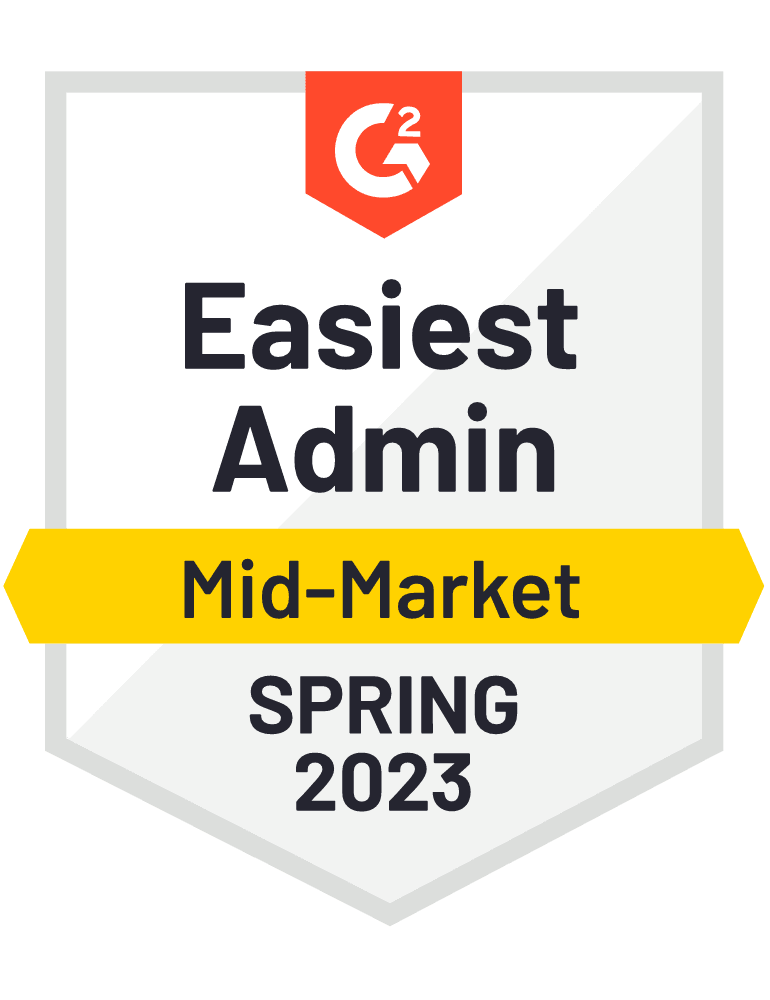My grandparents used to tell stories of when they were young. I’m sure yours did too! It usually went something like this: Well when I was young, we didn’t have buses. We had to strap tennis rackets to our shoes and walk uphill in the snow to and from school each day. Sound familiar?
So we’ve all heard our grandparents' horror stories about school, but what about work? If you had a grandparent who owned a business, it might have sounded something like this…
Not only did I work tirelessly to open, run, and close the restaurant each day, but every week I would have to pull out the Publication 15 Circular E and calculate each employee’s taxes based upon their wages and W4 status, then write the checks, then deposit my 8109 coupon at the bank and see my CPA once a quarter to file my 941s.
Wow – it really was that laborious years ago. The good news is, even if today you are doing payroll “manually,” there are so many software for payroll processing options that helps with the calculations, the government requires electronic depositing, and now you can review the Publication Circular E online.
But is it truly that easy?
Many people ask us, when is the right time to outsource payroll?
My answer? As soon as you hire your first employee!
Now – you may find my answer hasty (and you might also think, well…you work for a company that does payroll so naturally, you would say that), but let me explain.
Top 2 Reasons to Outsource
Compliance
When the IRS has language like this, it's easy for business owners to be just a little confused:
Purpose of Form 941 (taken from The Instructions for Form 941, January 2017, Page 3)
These instructions give you some background information about Form 941. They tell you who must file Form 941, how to complete it line by line, and when and where to file it.
If you want more in-depth information about payroll tax topics relating to Form 941, see Pub. 15 or visit IRS.gov and enter “employment taxes” in the search box.
Federal law requires you, as an employer, to withhold certain taxes from your employees' pay. Each time you pay wages, you must withhold – or take out of your employees' pay – certain amounts for federal income tax, social security tax, and Medicare tax. You must also withhold Additional Medicare Tax from wages you pay to an employee in excess of $200,000 in a calendar year. Under the withholding system, taxes withheld from your employees are credited to your employees in payment of their tax liabilities.
Federal law also requires you to pay any liability for the employer's portion of social security and Medicare taxes. This portion of social security and Medicare taxes aren't withheld from employees.
And that confusion can turn into a huge headache if forms are not filed properly. There are almost 10,000 federal, state, and local tax jurisdictions in the U.S.! From federal, state, and local income taxes, to FICA taxes (Social Security and Medicare), to federal and state unemployment taxes, there's a lot that needs to be accounted for and paid.
Then there are the penalties. Not paying payroll taxes – or not paying them properly – can have some pretty significant negative impacts on your organization when the IRS comes knocking at your door. Employers may be penalized for failing to file forms, for failing to pay taxes on time, for failing to classify employees correctly, and for failing to provide employees with their W-2 forms by the deadline – just to name a few.
And what about changing laws that can impact your business, particularly when it comes to healthcare? While any major healthcare bills on the table recently have yet to be passed into law, the federal government regularly releases smaller updates and changes that are still significant, like the recent forms 1095-C deadline extension.
Before you start to panic, consider outsourcing your payroll. A (good) payroll processing company will have the answers to all your compliance questions – and to those questions, you’re not even thinking of yet.
Time
We live in a world that moves quickly. As a business owner, your focus needs to be on running and growing your core business – particularly as a small to midsize business. Forgetting to update your software, falling behind on the latest IRS updates, having a two-person payroll team run payroll for your two hundred-person company…all very real scenarios when you’re trying to juggle payroll along with solidifying your place in the market.
It all adds up to a ton of unnecessary stress for a non-core function of your business, a fact that more and more businesses are beginning to realize. In fact, analysts at market research firm Technavio forecast that payroll outsourcing will increase by 6 percent year over year from 2017 to 2021. It seems like business owners are realizing the value of their time!
Related: What to Expect When you go Through a Payroll Transition
Top 2 Reasons to Outsource Immediately
Size
So, you have heard the saying crawl before you walk, walk before you run and so on…
As a small business, you have to learn the ropes as it relates to payroll. And if you are lucky enough to get the payroll process down (fingers crossed on compliance), you may be able to manage; however, as you grow, there are more and more laws that you have to be aware of – paid sick leave, ACA, and COBRA are just a few examples.
Once you are large enough to have a small HR department, it's hard to focus on the more important jobs like building a culture or recruiting when your HR professionals also need to run biweekly payroll for two hundred employees.
The more employees you have, the more mistakes there will be. And if we know two things, it’s that being a penny off on a paycheck will guarantee an employee at your door - and incorrect tax filing may result in the IRS knocking at your door.
Complexity
Twenty years ago, outsourcing payroll may have seemed like a nightmare to large organizations or to companies with complex pay situations, like a home healthcare agency or a higher education institution. In those days, payroll software tended to have one standard system setting – and if it didn't fit your organization's needs, you were sort of out of luck.
The good news is, this is 2018! Payroll technology has since evolved to handle the complexities of large businesses. Payroll systems have become more flexible, more personalized, and more complex. It can take days for a payroll administrator to calculate a complex payroll leaving tons of room for manual error. We are human, it happens! Setting errors aside for a minute, changes in wage base limits and special laws (take Paid Family Leave in New York, for example) will ensure that payroll will be changing regularly. It just isn’t as easy when the variables constantly change.
When all is said and done, for anything you outsource, I pose this question…
If there are people who are better suited for the job, and you have neither time to spare nor interest in learning a function – why wouldn’t you outsource?
Case in point: From someone who doesn’t know a thing about landscaping, doesn’t own a lawnmower, and doesn’t want to spend all day on a Saturday manicuring a lawn – I outsource! If you don’t like researching tax law updates, don’t own proper payroll software and don’t want to spend days running payroll – I say outsource!
So you're ready to outsource, but you want to make sure you're asking all the right questions when evaluating a potential new payroll provider? Check out the 5 Things No One Tells You to Look for When Selecting a Payroll Company.
This information is for educational purposes only, and not to provide specific legal advice. This may not reflect the most recent developments in the law and may not be applicable to a particular situation or jurisdiction.










